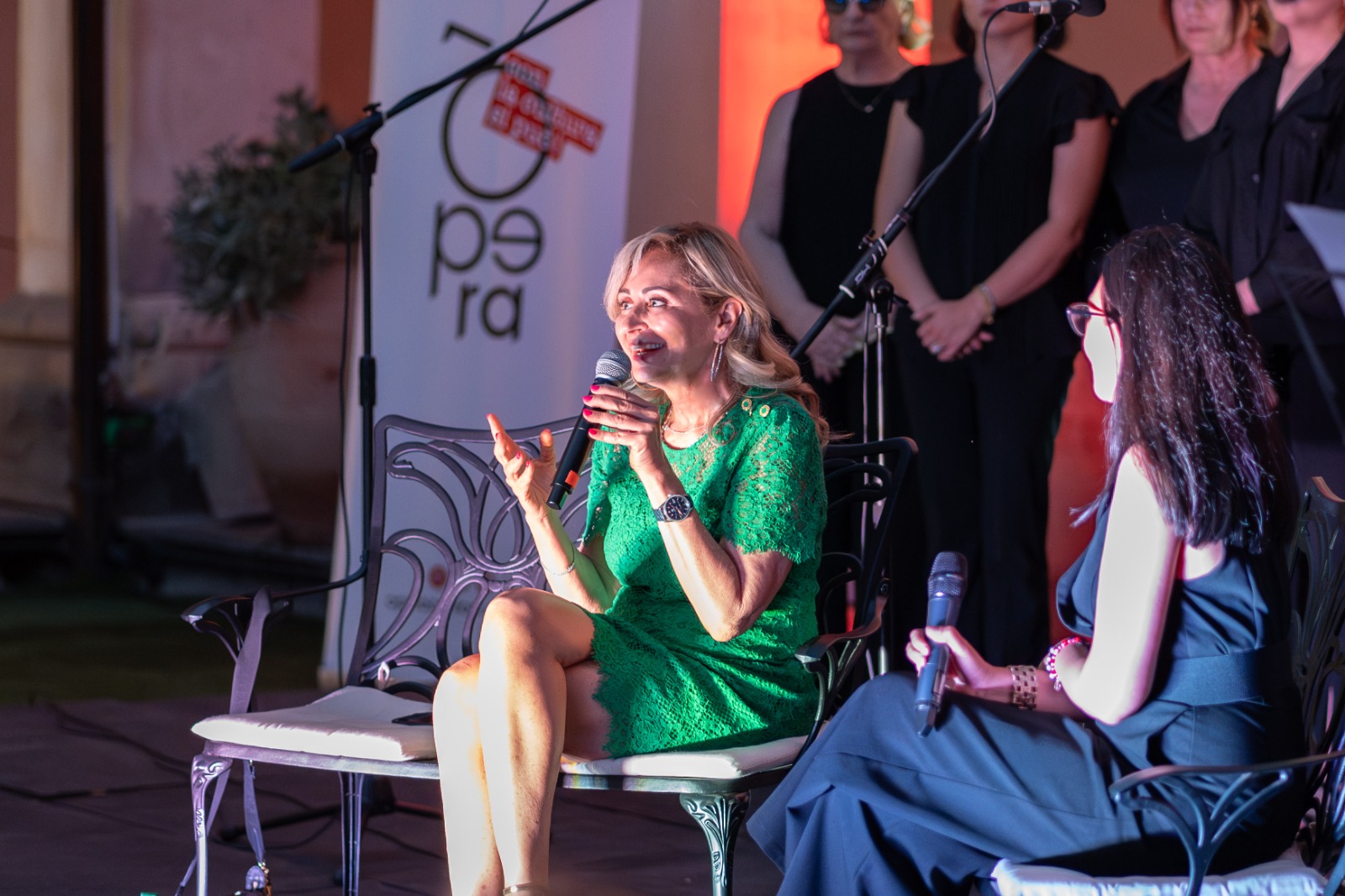Marina Di Guardo was born in Novara but has Sicilian origins. Before dedicating yourself to writing, you worked as deputy director of the Blumarine showroom. You made your debut in fiction with the novel The deception of seduction (Nulla Die, 2012), then followed by her Non mi spezzi le ali (Nulla Die, 2014). The definitive transition to the thriller dates back to 2015, when she published Twin Dolls and Frozen Bodies (Delos Books, 2016) in Feltrinelli's ZoomFiltri digital series, edited by Sergio Altieri. With her Mondadori you published Com'è Giusto che sia (2017), optioned for a television series. The work brought the author around Italy in numerous presentations and was defined by the critic Gian Paolo Serino as "the revelation of the year". The memory of bodies (2019), however, has been translated into several countries. In 2020 it is the turn of the publication of In thick and thin. The novel Blood red dress code, released by the Mondadori publishing house in October 2021, is the writer's latest literary production. The release of the next novel is scheduled for October 2023.
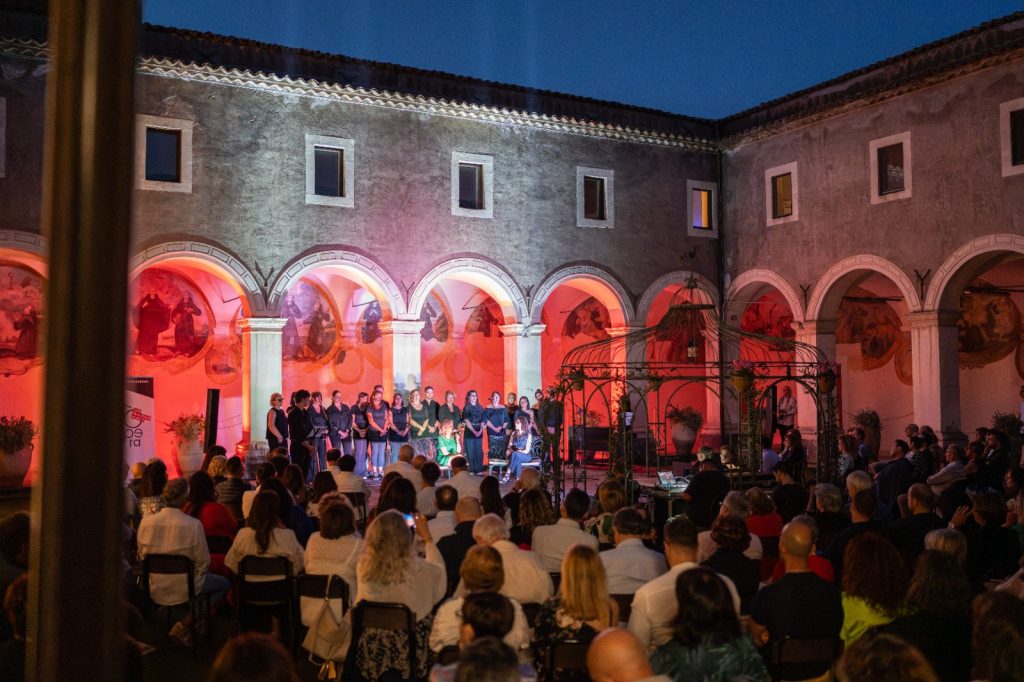
How did your adventure as a writer begin?
I entered the world of literature when I was already mature. I've always written and always tried to cultivate this passion, but I've never really believed that I could have made a career in the publishing industry leading to the publication of my novels. Initially, I wrote short stories or small poems, which, however, remained in the drawer. After a while I started thinking I could write a novel or at least try to write one. It was a way of saying that I had tried, that I had given myself a chance. If it had gone well, great, otherwise never mind, I could at least say I tried by observing what the results would be.
So, I tried to write my first novel and after a year and a half I finished it. I sent the manuscript to several medium, small and large publishers. Not even to say that I haven't received any kind of response from medium and large publishing houses. Instead, a small Sicilian publishing house, Nulla Die in Piazza Armerina, which had recently opened its doors wrote to me six months after I sent the material. In the reply I was told that my manuscript had been read and appreciated and would be published. That positive response represented a beautiful moment for me; it meant that someone had appreciated my work. And it all started from there.
How old were you when you started writing your first stories and what kind of stories were they?
These were stories whose protagonists were teenagers. I have followed and nurtured this type of narrative since I was very young. Then, I was a bit overwhelmed by the facts of life and by everything I had to face, good and bad. Until I was 18 and 19 I cultivated this passion, not always constantly. I remember a couple of stories; they were set in a contemporary reality and spoke of the hardships that the characters experienced. The protagonists immersed in their context felt like strangers and lived with the impression of being different from that context. They were existential dramas, albeit very contained. I've always had the idea of writing a novel, but at the time I didn't dare to do it. But when I tried and my attempt to write a novel was also appreciated by a publishing house I got to believe even more in myself and in my writing skills.
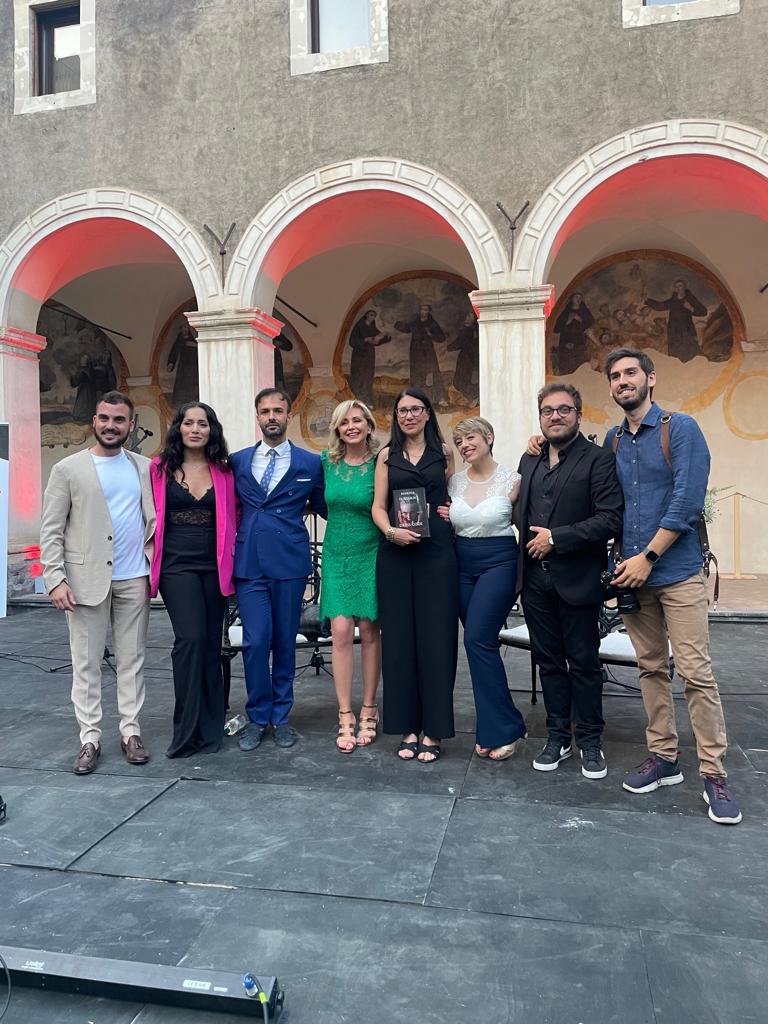
I had tried my hand at writing Deception and Seduction. The text tells of the encounter between a woman in her forties and a transgender person. Apparently very different from each other in terms of experience and interests. The two met on a train in a dramatic circumstance. The woman tries to save the person she just met from suicide and against all reasonableness she decides to host her at her home and help her. A friendship develops between them that you would never know could be born. The ending is unexpected. This was my very first novel.
What is left of Marina Di Guardo, teenage writer? Is there even a single piece that traces all your literary activity?
I believe that I have always been accompanied by particular attention to the psychological aspect of the characters. Another element is the attention to what is hidden behind appearances, behind what might seem like reality but isn't. Instead, it is only something apparent. Maybe that's exactly what has remained intact since I started writing.
We could say that your writing is at times Pirandello-like, the characters often have many personalities. The protagonists are, in the eyes of themselves and others, one, none or a hundred thousand. Is there only a passion for this type of theme behind this narrative choice or is there something else?
Well, during the period of my separation from my then husband I experienced a very difficult moment, but even before that affair I already felt the need to go into analysis. I then started a course of therapy which ended immediately after the separation. I interrupted, but I've always had a very keen interest in psychoanalysis. Just as I have always found it fascinating to go and investigate the depths of the human psyche. I very much believe that what we express and are depends a lot on our roots, on what we have experienced. But also from the confirmations that we have or have not received.
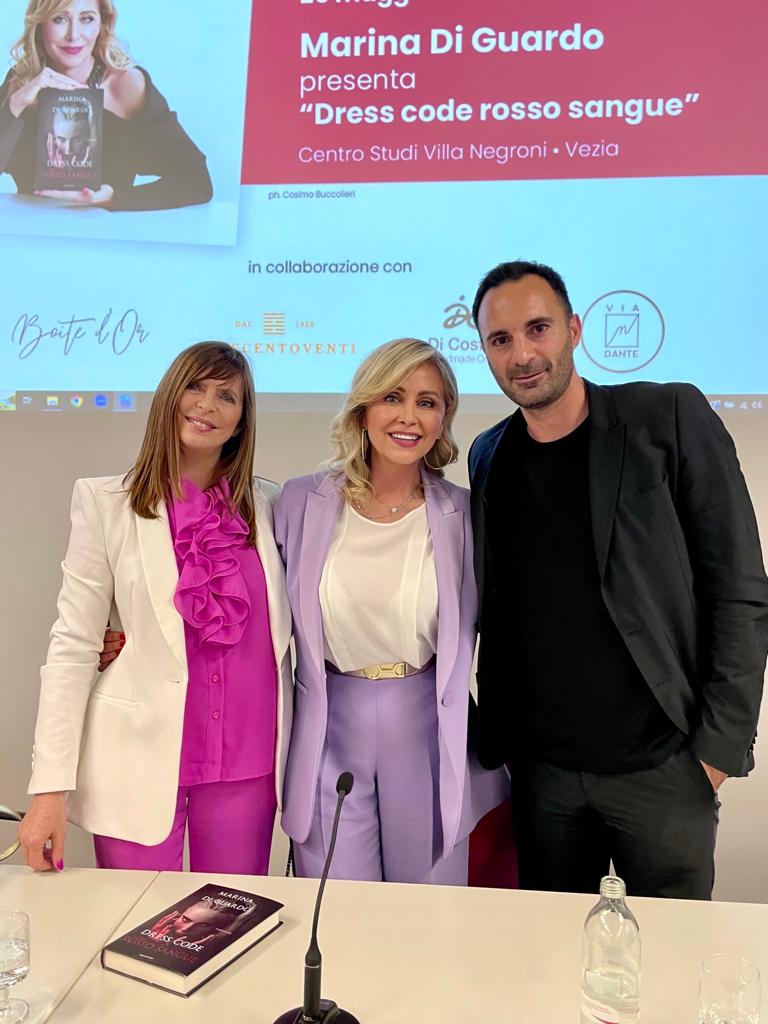
I find it interesting, in outlining the characters, to make an incursion into their past, albeit brief, so as not to bore the reader. I think the psychological outline of the characters, especially in a thriller, is essential to allow the reader to empathize with the character. It can also be a murderer who has experienced very difficult moments, clearly experienced in an extreme way, which led him to make a paradoxical or tragic choice. For me psychological introspection is an added value. I happened to read thrillers that were only plot and I found them not very engaging and it seemed to me that even the memory of the plot didn't stay alive in me, as it happened to me with other types of writings that focused more on introspection .
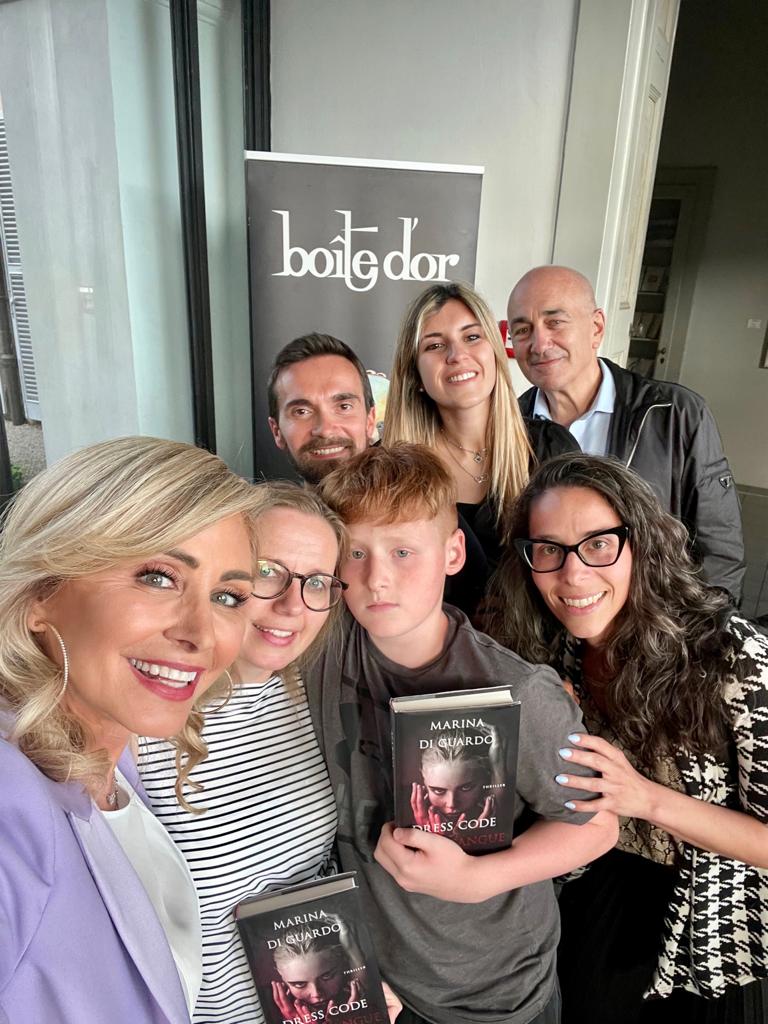
Your writing is dry, made up of short, simple sentences. A type of narrative that requires a lot of effort on the part of the author, since for the writer simplifying the text is almost always one of the greatest efforts he can make. This makes for a smoother reading. It is no coincidence that there are many reviews from your readers who have said that they have read your novels in a couple of days, completely engrossed and enraptured by the narrative. How did you manage to get this result?
It's a desire that comes from my experience as a reader. I have read books that we could define as difficult due to the often useless and convoluted expressions that the text contains. This level of difficulty prevents attention from focusing on the plot, atmosphere and characters. When I don't understand what I'm reading, I waste useless energy that could be used elsewhere. The text should be like a harmonious symphony. I think it is an absolutely necessary requirement to meet the favor of many types of readers. The more advanced reader appreciates this stylistic effort. And then there is also the reader who wants to analyze the themes.
On the other hand, in my opinion the thriller is not a minor genre of literature, indeed it is often a pretext for an in-depth analysis of important issues such as psychological introspection or violence against women. Through the thriller it is also possible to deal with universal dramas. When I witnessed the staging of Medea in Syracuse, I appreciated and was struck by the modernity of Euripides' history and writing. Here, I believe that certain works must represent universal themes, which always remain modern. For me style is very important because it becomes a possibility for the reader to access the text and be able to appreciate it. When I am told that mine is a writing for images I am really happy about it. Because that's exactly what I would like to convey: to accompany the reader in the atmosphere of the novel, in the joys, fears and anxieties of the characters. A bit as if he were watching a film and felt involved.
There are hundreds of presentations you have attended and thousands of readers you have met. Was there an encounter that struck you the most?
Yes, there are about two hundred presentations in which I have participated. Only for the Memory of the bodies I counted 64 around Italy. But, for example, when I spoke very strongly about violence against women in the novels In Good Luck and Bad Luck or in How It Should Be, it happened to me on three or four occasions that after signing copies some female readers told me that they had already read the novel and that they hoped to draw the strength from it to free themselves from a condition of violence they suffered. On some occasions they were very young girls in their early twenties. That my books can represent an instrument of strength for these readers makes me very happy and proud.
You demonstrate that you are on the side of women on several occasions. You have told through your novels what a woman can suffer as a result of psychological and physical violence but you have also edited the preface of a collection of stories…
I was involved by a dear surgeon friend who deals with breast reconstruction following the removal caused by breast cancer. Four years ago he had asked me to take care of the preface and editing of a text that was to contain the stories of those who had lived through this traumatic experience. I made myself available and we worked on this project. Initially I found that the stories were too disconnected from each other, so I asked the protagonists of the stories to follow some common cornerstones. I did text editing during the first wave of covid. It wasn't easy because the lyrics told of fears and suffering, in a time when all of us didn't know how it would end. Yet that period produced a beautiful result.
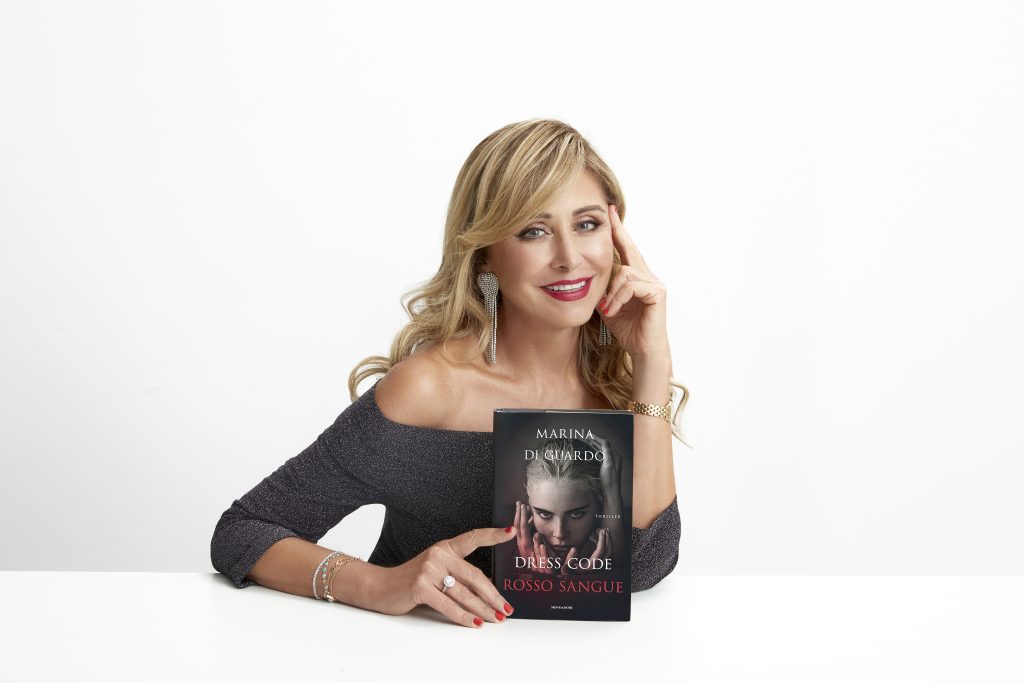
Meeting all the authors on the occasion of the presentation at Mondadori in Piazza Duomo in Milan was a great emotion. I was inundated with expressions of esteem. But above all I was happy that the text was published by the first publishing house with which I collaborated, namely Nulla Die in Piazza Armerina. I would like to remember one of them, Eva Schioppa, who passed away a month and a half ago. It was very bad, from her story I felt like I knew her. She knew she wouldn't live long, but nonetheless she looked happy. She was also happy with the goal achieved by the Donna Coraggio association. I think the collection of short stories is a moving testimony. It may be useful for women who will be faced with this disease.
There is a forthcoming novel coming out, what can we anticipate?
The novel will be released next October and will talk about voice messages. He will also tell how a voice message can reveal more than what we say. Background noise, for example, can reveal a lot about where we are. The same does the tone of voice which does not always correspond to the content of our words. Sometimes a veil of melancholy or sadness accompanies our happy declaration in the tone of our voice. The protagonist of the novel will realize that in a message received years before there is a very important element of which he had not noticed before. This will give rise to his descent into hell.
Featured photo source: Riccardo Piccione – photo source inside the article: Marina Di Guardo

